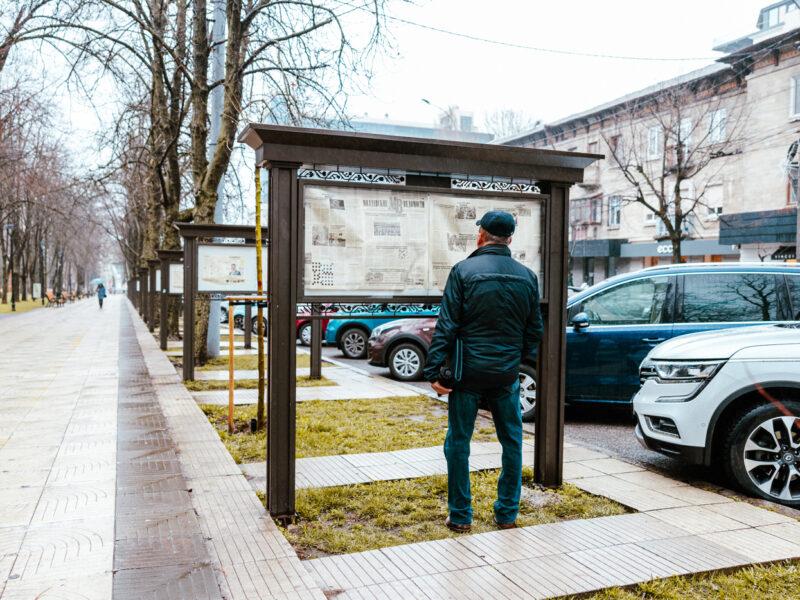‘Defund the police’ and reforming the security sector
In the midst of the pandemic, riots and unrest continues in the US over the recent cases of police brutality that resulted in the deaths of several African American individuals. While the Black Lives Matter movement continues to draw attention to the structural racism and inequalities of the American society, one of the slogans of the movement is ‘defund the police’ – seemingly meaning to disband or even abolish the police and give their funding to… yes to whom?
Protesters are asking to reallocate resources from the police service to address underlying causes of violent crime and insecurity, and to put larger emphasis on preventive measures. They are demanding funds to be diverted to other public services; the social security, health and education systems among other things. Me and my colleagues at the programme for security sector reform at FBA use the term human security, underlining the various and interrelated aspects of security a human being need fulfilled to feel secure. Human security encompasses basic needs of food and shelter, education and healthcare, as much as physical security needs.
Our workshops on security sector reform usually start by discussing the human security needs of different individuals. We base our approach to security sector reform on people-centred security. This means that the security needs of the individuals, the population of a country, should guide and inform the development of security policies and strategies. And different individuals have different security needs depending on their role in society as well as the characteristics of the society they live in. The roles of men and women in Sweden are not the same as the roles of men and women in Mali. The security situation in Somalia is not the same as the security situation in Colombia. All of these factors need to be taken into account to be able to provide security to all citizens in a country.
The human security concept underlines the complexity of the security needs, and the fact that allocating resources to the security services and the police will not solve all problems or address the underlying causes. If we look at different types of human security needs, the police mainly provides personal (physical) security, and to some extent protects our political security such as civil and political rights. But lack of food, education and economic hardship are also threats to people’s security.
Addressing a wider spectrum of security needs might actually prevent conflict and violent crime. In order to address the real security needs of a human being, the security concept – and analysis – must be broader and more comprehensive than to only look at personal security. The best way to tackle the problem might not be to allocate the additional resources to the police, but to look at underlying factors and broader human security needs, diverting the funds to other public services such as education, health and social services.
Every country suffers from systemic deficiencies and varying degrees of marginalization, discrimination and mistrust. To ensure security service provision to all citizens and truly be effective, security forces must be inclusive, transparent and accountable. Continuous effort must be made to build and maintain trust between the population and the security forces, and confidence in their ability to fairly represent and protect the security needs of different communities. Mistrust in the security forces might incite communities to take up arms to protect their interests – thereby becoming a threat and security risk themselves.
Accountable and representative governance structures are essential in order to shape the security sector according to the needs of a specific place and the people living there, and to avoid mistrust. Security services ought to be effectively delivered in accordance with a context-specific strategy, and accounted for through transparent and inclusive mechanisms. It seems that recent events in the US and testimony from protesters illustrate the need to rebuild the trust between the police and the population, and to identify and integrate various security needs in responsive security sector governance, protecting all citizens from fear, want and indignity while allowing for accountability. And it may very well be that this analysis means another public service is better suited to address some of these security needs – that funding should be reallocated from the police for truly effective human security service delivery.
av Minna Naucler








